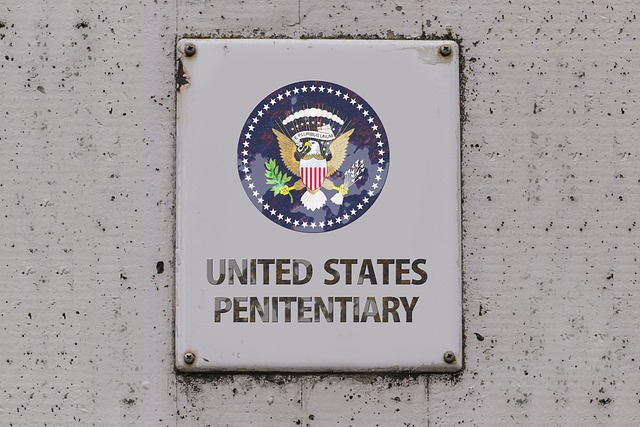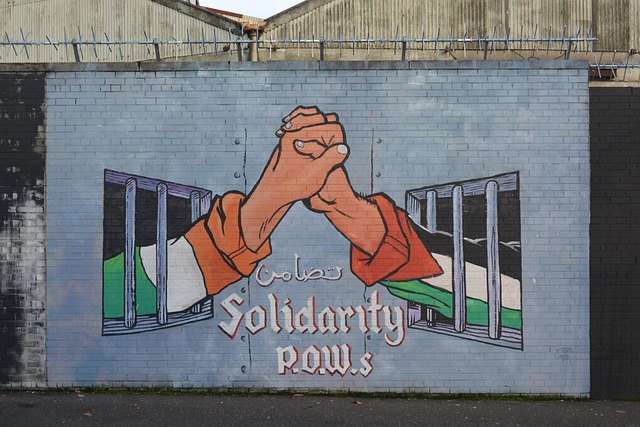Millennial DUI Awareness Campaigns, leveraging digital tools and personal narratives, have significantly reduced impaired driving among young adults by fostering a zero-tolerance culture. These campaigns use social media, peer influence, and community events to educate about risks, sharing real-life stories to humanize the dangers and inspire behavioral changes. Combined with technological advancements in testing and monitoring, these strategies promise substantial progress in preventing DUI incidents within the millennial demographic.
“Drug-Impaired Driving (DID) Zero Tolerance is a critical issue, especially within the millennial demographic. This generation faces unique challenges when it comes to substance abuse and its impact on driving. With a focus on Millennial DUI Awareness Campaigns, we explore the devastating consequences, current laws, and innovative strategies to combat DID. Through personal stories and educational initiatives, we delve into ways to prevent this dangerous behavior. By examining these aspects, we aim to highlight the importance of zero-tolerance policies and their role in shaping a safer future for all.”
- Millennial Perspective: DUI's Devastating Impact
- Zero Tolerance: Laws and Penalties Explained
- Awareness Campaigns: Educating the Digital Generation
- Preventative Measures: Early Intervention Strategies
- Real Stories: Personal Testimonies Revealed
- The Future: Reducing Drug-Impaired Driving
Millennial Perspective: DUI's Devastating Impact

For millennials, growing up with the constant buzz of technology and instant gratification, the consequences of driving under the influence (DUI) are a stark reality that often hits too close to home. This generation has witnessed firsthand the devastating impact of impaired driving through targeted Millennial DUI awareness campaigns and heart-wrenching news stories. With easy access to social media, they’re well-aware of the viral videos and tragic tales that serve as stark reminders of the high price paid by those who decide to get behind the wheel while under the influence.
These campaigns have played a crucial role in shaping their perspective, fostering a culture of zero tolerance for drug-impaired driving. Millennials are more likely to understand the immediate dangers and long-term repercussions, from potential legal consequences to permanent damage to relationships and future opportunities. This heightened awareness is leading many young adults to make responsible choices and prioritize safety over impulsive decisions, ultimately contributing to the overall reduction in DUI incidents involving this demographic.
Zero Tolerance: Laws and Penalties Explained

In many countries, zero-tolerance laws for drug-impaired driving have become a cornerstone of road safety initiatives, especially targeting millennial drivers. These stringent regulations aim to deter individuals from getting behind the wheel while under the influence by imposing severe penalties. The penalties often include heavy fines, license suspension or revocation, and even jail time. Such strict measures are part of a broader effort to raise awareness through Millennial DUI Awareness Campaigns, targeting younger drivers who may be more prone to taking risks.
The implementation of zero-tolerance policies has significantly increased law enforcement’s ability to hold accountable those who drive under the influence. This approach sends a clear message that drug-impairment and driving are incompatible, with consequences that can permanently alter one’s life trajectory. As these campaigns gain traction, they contribute to a culture of road safety consciousness, encouraging responsible behavior among millennial drivers and beyond.
Awareness Campaigns: Educating the Digital Generation

With the rise of digital technology and social media, reaching the Millennial generation requires a different approach compared to traditional awareness campaigns. Millennials, born between 1981 and 1996, are often highly engaged online, making digital platforms an effective tool for spreading crucial safety messages. Interactive and shareable content, such as viral videos and infographics, can effectively communicate the dangers of drug-impaired driving.
Tailored Millennial DUI awareness campaigns should leverage social media channels like Instagram, TikTok, and Snapchat to deliver impactful stories and personal experiences. These platforms allow for creative storytelling through short videos, live streams, and influencer partnerships, ensuring that safety messages resonate with young adults on a more personal level. By engaging the digital generation where they thrive, these campaigns can effectively reduce drug-impaired driving incidents among Millennials.
Preventative Measures: Early Intervention Strategies

Millennial DUI awareness campaigns play a pivotal role in preventing drug-impaired driving by focusing on early intervention strategies. These initiatives leverage social media, peer influence, and community events to educate young adults about the dangers of combining drugs and alcohol. By targeting millennials—a demographic known for high rates of substance use—these campaigns aim to foster responsible behavior and reduce impulsive decisions behind the wheel.
Through interactive workshops, educational videos, and peer-to-peer discussions, early intervention strategies empower individuals to make informed choices. By raising awareness about legal consequences, potential injuries, and loss of life, these measures create a culture of accountability and zero tolerance for drug-impaired driving among millennials.
Real Stories: Personal Testimonies Revealed

Personal stories and real-life testimonies are powerful tools in raising awareness about the dangers of drug-impaired driving. In the context of Millennial DUI Awareness Campaigns, these narratives can have a profound impact on young adults, many of whom may be at higher risk due to experimentation with substances. By sharing experiences, individuals can humanize the issue, conveying the very real consequences that can result from impaired decision-making.
These stories often highlight the devastating effects on families and communities, serving as a stark reminder of the potential loss of life and freedom. They paint a vivid picture of regret, guilt, and the long road to recovery for those involved in drug-related crashes. Through these personal accounts, Millennial DUI Awareness Campaigns can evoke empathy and inspire behavioral changes, encouraging peers to make safer choices when facing similar temptations.
The Future: Reducing Drug-Impaired Driving

As we move forward, reducing drug-impaired driving requires a multi-faceted approach tailored for the future. Millennial DUI awareness campaigns play a pivotal role in this effort. Leveraging digital platforms and innovative technologies allows us to engage younger drivers effectively. Interactive online resources, social media initiatives, and mobile apps that promote safe driving practices can significantly impact behavior change.
Education remains key, focusing on the immediate consequences of drug-impaired driving and encouraging peer accountability. By fostering a culture of responsibility and awareness, we can continue to drive down incidents of impaired driving. Additionally, advancements in technology like improved field sobriety tests and advanced driver monitoring systems will contribute to more accurate detection and prevention strategies.
Drug-impaired driving is a preventable tragedy that significantly impacts communities, especially among millennials. By implementing strict zero-tolerance laws and enhancing targeted awareness campaigns, we can educate this digital generation about the devastating consequences of DUI. Through early intervention strategies and sharing real stories, we empower individuals to make responsible choices. As we look towards the future, reducing drug-impaired driving requires a collective effort, leveraging technology and innovative solutions to keep our roads safe for all. Let’s unite in our efforts to promote Millennial DUI awareness campaigns and create a safer, healthier society.






